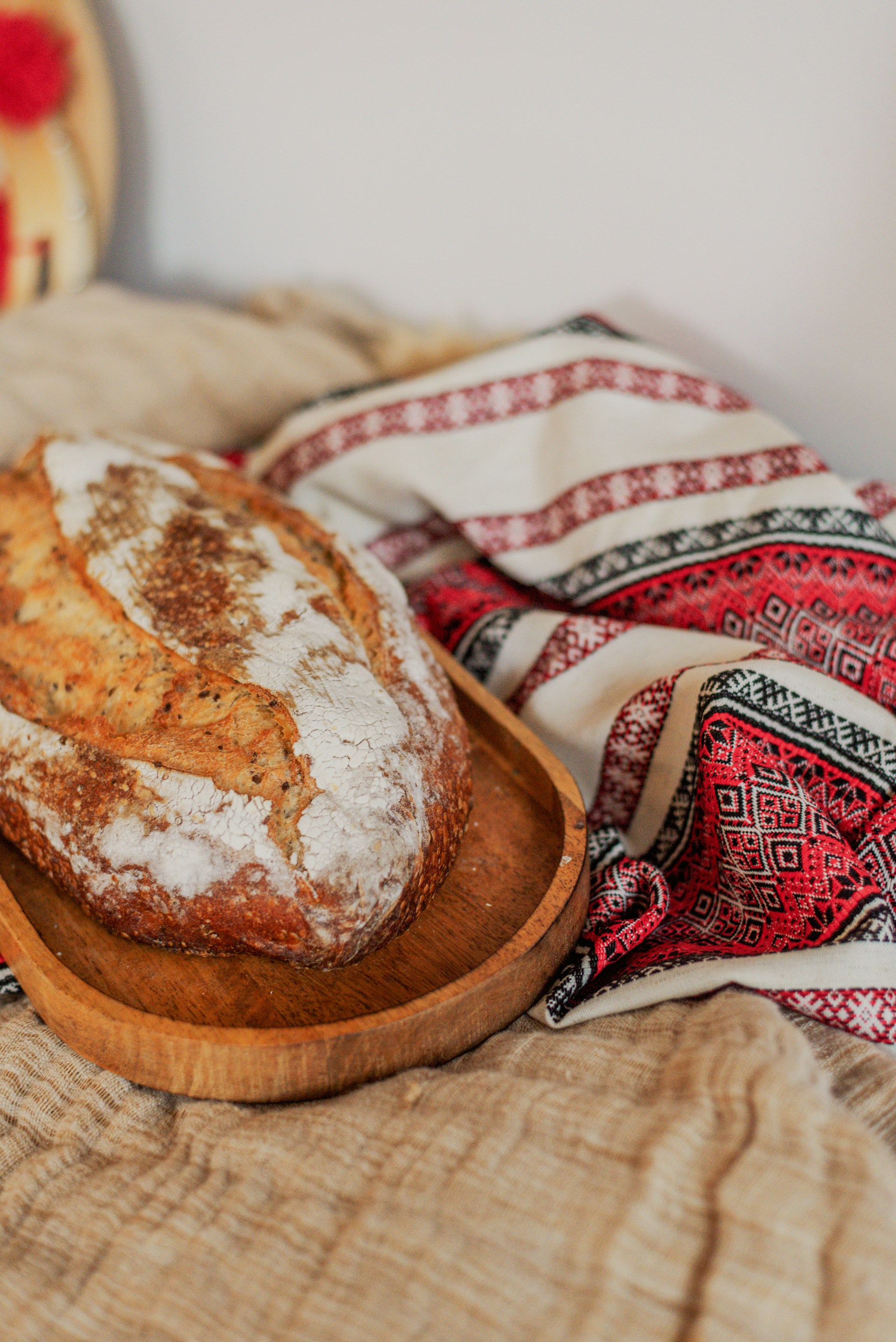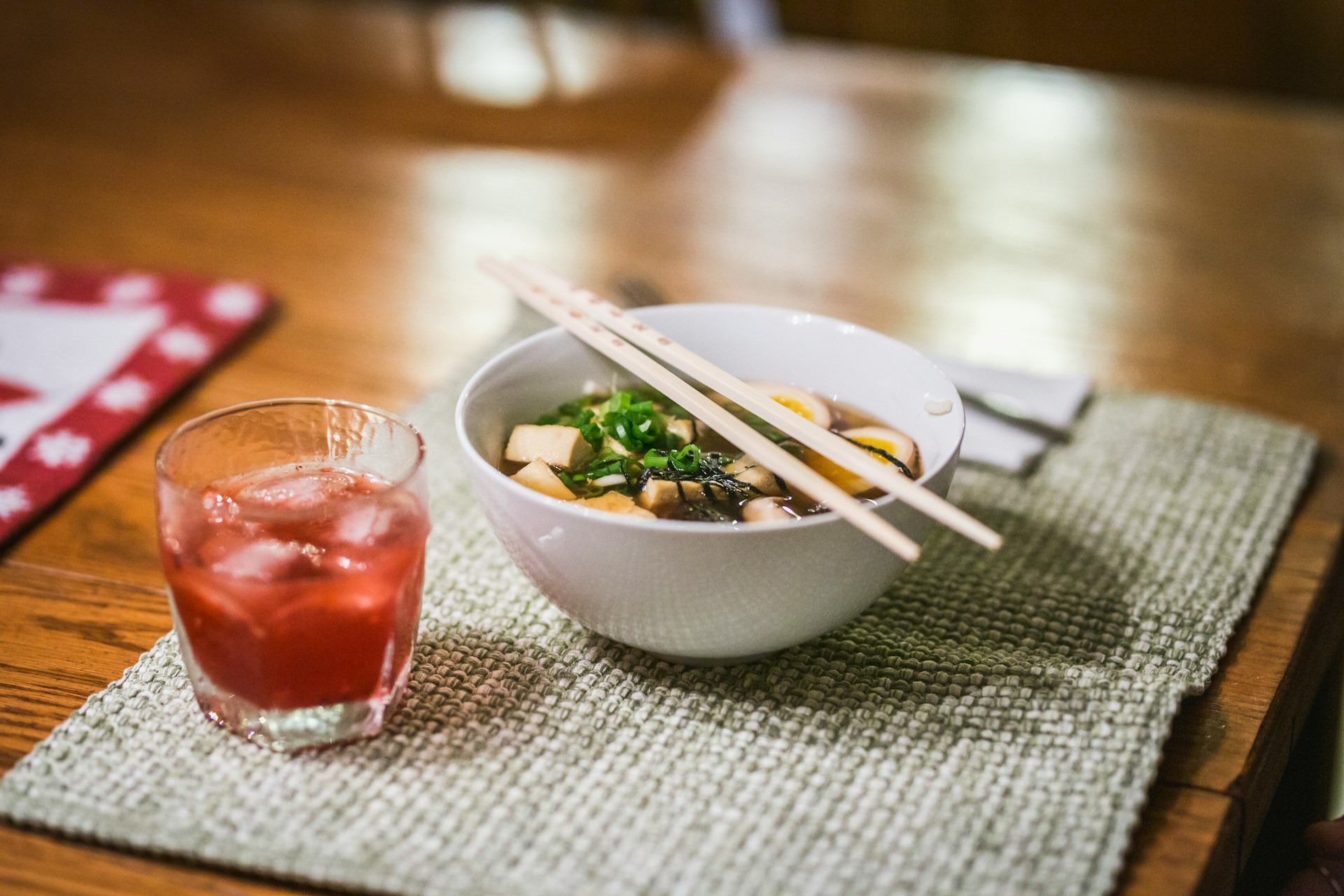Introduction
We sprinkle it without thinking. Yet salt once decided wars, built empires, and preserved life itself. From Roman soldiers paid in “salarium” to Himalayan salt blocks in rituals, this mineral shaped human history more than gold.

Salt in Ancient Civilizations
-
Egypt: salt mummification, preservation of food for pharaohs.
-
Rome: “worth his salt” — wages once tied to salt rations.
-
China: salt taxes fueling dynasties.
-
Africa: camel caravans carrying salt across Sahara.
Salt was life, power, and currency.
Salt and Food Traditions
-
Japan: sprinkling salt at sumo matches for purification.
-
India: salt in wedding rituals symbolizing permanence.
-
Europe: bread and salt offered to guests as hospitality.
-
South America: salt pans sustaining entire communities.

Salt and Religion
-
Bible: “covenant of salt” as symbol of loyalty.
-
Hinduism: salt in rituals of protection.
-
Folk cultures: salt as guard against evil spirits.
Curiosity Twist: From Scarcity to Excess
-
Once rare, salt was hoarded.
-
Today, too much salt causes global health crises (hypertension, strokes).
-
The arc of history turned salt from miracle to menace.
Modern Lessons
-
Respect salt as heritage, not just flavor.
-
Balance intake, honoring both history and health.
-
Revive rituals—bread + salt, salted preserves, mindful seasoning.
Quick Checklist
□ Research salt traditions in your culture
□ Reduce processed food salt, embrace natural seasoning
□ Try one preserved food tradition (pickling, curing)
□ Reflect on salt as symbol, not just taste
Bottom Line
Salt built civilizations, rituals, and meals. To understand it is to understand humanity’s thirst for both survival and meaning.

